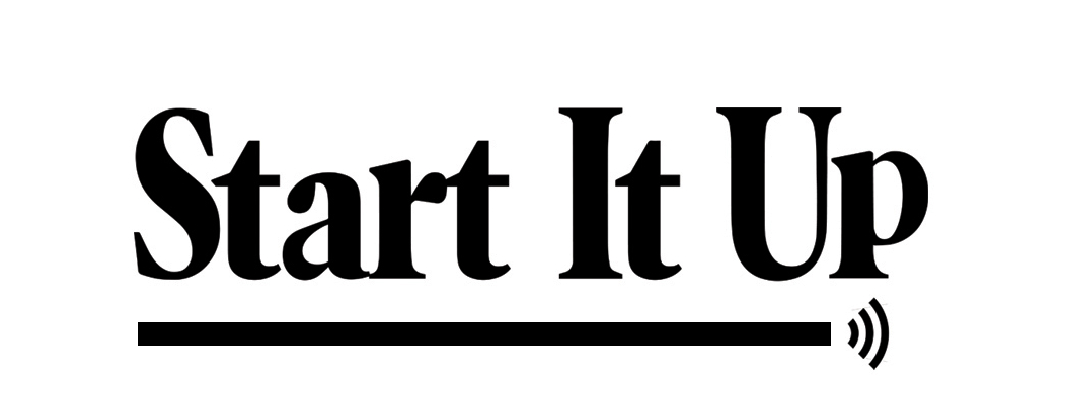OpenAI, the research organization behind the groundbreaking ChatGPT language model, has recently launched a new feature that allows anyone to create and share custom chatbots for various purposes. These chatbots, called GPTs, are powered by ChatGPT and can be programmed using natural language instructions and extra knowledge. They can also perform actions such as sending SMS messages or emails using Zapier integrations. This is a game changer for businesses, as it opens up new possibilities for enhancing customer experience, productivity, and innovation.
Why Chatbots Matter for Startups
Chatbots are computer programs that can interact with humans using natural language. They can be used for various tasks, such as answering questions, providing information, booking appointments, or making transactions. Chatbots can offer many benefits for businesses, such as:
– Improving customer satisfaction and loyalty by providing fast, personalized, and consistent service 24/7
– Reducing operational costs and increasing efficiency by automating repetitive and mundane tasks
– Generating leads and sales by engaging potential and existing customers with relevant offers and recommendations
– Collecting data and insights by analyzing customer behavior and feedback
According to a report by Grand View Research, the global chatbot market size was valued at $2.6 billion in 2020 and is expected to grow at a compound annual growth rate (CAGR) of 24.9% from 2021 to 2028¹.
How OpenAI’s Chatbot Marketplace is Different
OpenAI’s chatbot marketplace is different from other chatbot platforms in several ways. First, it leverages the power of ChatGPT, which is one of the most advanced and versatile language models in the world. ChatGPT can generate coherent and fluent text on any topic, as well as understand and respond to natural language inputs. ChatGPT can also create images, voice, and music based on text descriptions.
Second, it allows anyone to create custom chatbots without coding. Users can simply start a conversation with ChatGPT and give it instructions and extra knowledge on what they want their chatbot to do. They can also choose from various skills that ChatGPT can perform, such as searching the web, making images, or analyzing data. Users can then share their chatbots with others or use them for their own purposes.
Third, it enables chatbots to perform actions using Zapier integrations. Zapier is a platform that connects over 5,000 apps and automates workflows. Users can connect their chatbots to Zapier and trigger actions such as sending SMS messages or emails based on the chatbot’s responses. For example, a chatbot that helps users book flights can send them a confirmation email with their itinerary details.
What are Some of the Best Chatbots on the Marketplace
The chatbot marketplace is still in its early stages, but there are already some impressive chatbots that have been created by the community. Some examples are:
– Canva: A chatbot that helps users design graphics, logos, flyers, and more using Canva, a popular online design tool. Users can describe what they want to create and the chatbot will generate a design for them. They can also edit and download their design using Canva’s interface.
– Zapier AI Actions: A chatbot that helps users automate tasks using Zapier. Users can ask the chatbot to do things like send an email, create a spreadsheet, or post a tweet, and the chatbot will set up the workflow for them using Zapier.
– Game Time: A chatbot that helps users learn the rules of any board game or card game. Users can ask the chatbot about the objective, setup, gameplay, and scoring of any game, and the chatbot will explain them in a simple and clear way.
– The Negotiator: A chatbot that helps users improve their negotiation skills. Users can practice negotiating with the chatbot on various scenarios, such as buying a car, asking for a raise, or resolving a conflict. The chatbot will give them feedback and tips on how to achieve better outcomes.
Why Startups Should Embrace OpenAI’s Chatbot Marketplace
OpenAI’s chatbot marketplace is a unique opportunity for businesses to leverage the power of ChatGPT and create chatbots that can enhance their customer experience, productivity, and innovation. Businesses can use the chatbot marketplace to:
– Create chatbots that can handle complex and diverse customer queries and requests, such as product recommendations, technical support, or feedback collection
– Create chatbots that can automate internal processes and workflows, such as scheduling, reporting, or data analysis
– Create chatbots that can generate creative and original content, such as marketing copy, blog posts, or social media posts
– Create chatbots that can learn from customer interactions and improve their performance and accuracy over time
However, businesses should also be aware of the challenges and risks of using chatbots, such as:
– Ensuring the quality and reliability of the chatbot’s responses and actions, especially when dealing with sensitive or critical information
– Protecting the privacy and security of the customer and business data that the chatbot accesses and processes
– Maintaining the trust and engagement of the customers and employees who interact with the chatbot, especially when the chatbot makes mistakes or fails to meet expectations
Therefore, businesses should adopt a responsible and ethical approach to using chatbots, such as:
– Testing and monitoring the chatbot’s performance and functionality regularly and fixing any issues or errors promptly
– Informing and educating the customers and employees about the chatbot’s capabilities and limitations, and providing them with options to opt out or escalate to a human agent if needed
– Following the best practices and guidelines for chatbot design and development, such as ensuring the chatbot’s transparency, accountability, and fairness
OpenAI’s chatbot marketplace is a game changer for businesses, as it allows them to create and use chatbots that are powered by ChatGPT, one of the most advanced and versatile language models in the world. These chatbots can be programmed using natural language instructions and extra knowledge, and can perform actions using Zapier integrations. Startups can use these chatbots to enhance their customer experience, productivity, and innovation, but they should also be aware of the challenges and risks of using chatbots, and adopt a responsible and ethical approach to using them.

